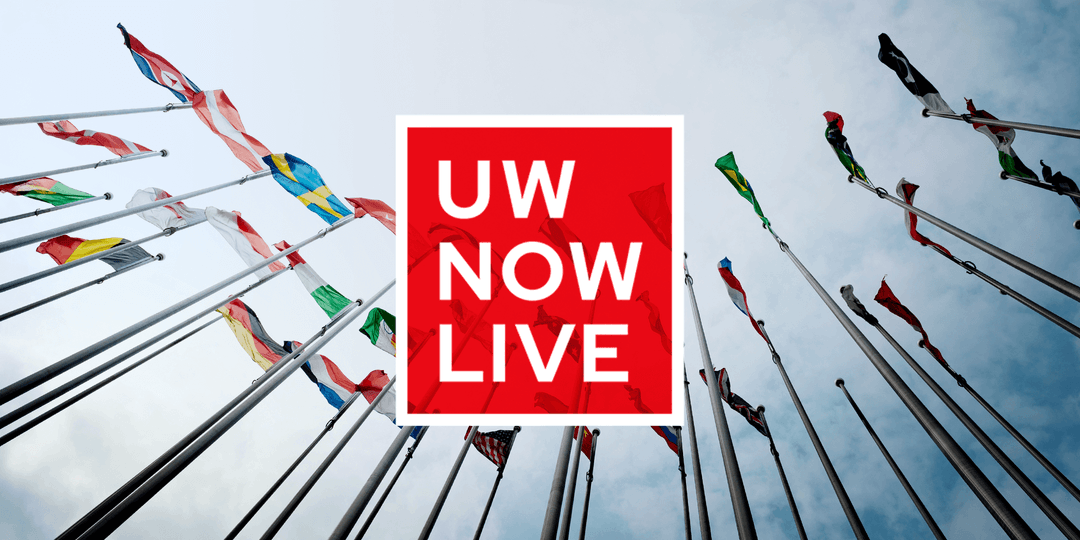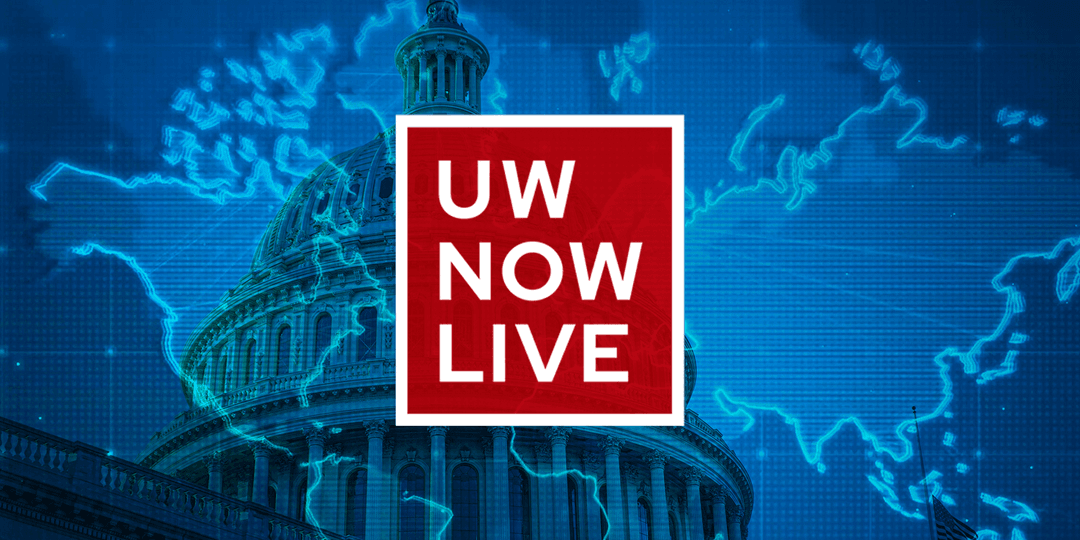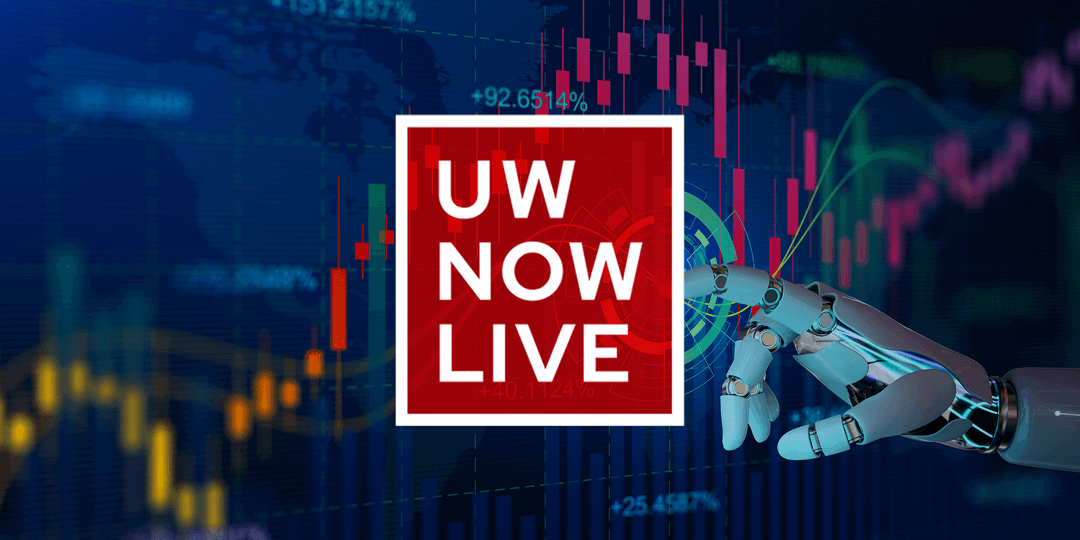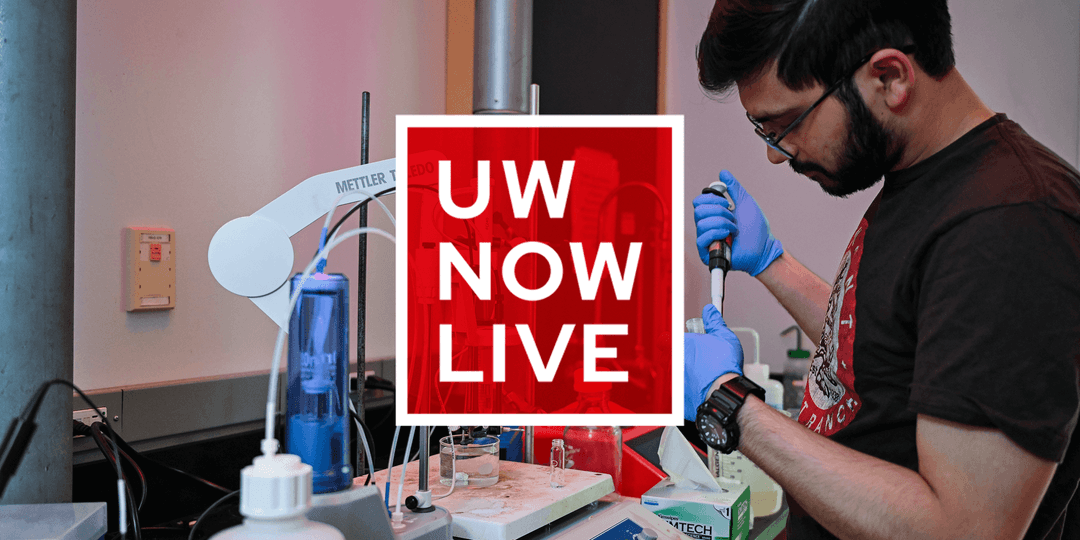Just weeks into his administration, President Donald Trump quickly began actively wielding and threatening tariff increases on both close trading partners and global rivals, as promised throughout his 2024 campaign. International relations expert Jon Pevehouse will join the UW Now Livestream on February 18 to discuss Trump’s motivations, as well as the efficacy and drawbacks of such tariffs for the American economy and the nation’s global standing.
Pevehouse is a member of the UW’s Department of Political Science and the Mary Herman Rubinstein Professor of Political Science and Public Policy. He specializes in foreign relations and international trade and coauthored the leading textbook on international politics, International Relations.
Chief Area of Research:
My chief area of research is American foreign policy, international political economy, and international organizations.
On the UW Now Livestream, I’ll Discuss:
We’re going to talk about Trump’s tariffs, both real and potential. My strategy is to talk a little bit about how they play into bargaining. Some people are convinced that Trump is serious about these tariffs, and that he wants these tariffs in place to help labor in the United States, or to reduce trade deficits with countries like China. That could be. It’s also possible that these are bargaining chips. We’ve seen this already with Colombia, Mexico, and Canada.
How much of these [tariffs] are about bargaining chips versus the actual tariff effects? Related, especially the tariffs that he’s threatened to put on what we would consider politically friendly states in Europe or like Canada or Mexico — are these going to stay? What are the political implications of these? How will these play in the big, geopolitical picture?
One Thing I’d Like Viewers to Remember Is:
Tariffs are dangerous as a tool. Whether [the targets are] your friends or your enemies. There’s self-harm in tariffs. Ironically, that can make them an effective tool, also. The most effective threats are ones that are costly to yourself, because that means they’re credible. People think you might do it. That said, there’s also a real risk that it does alienate friends.
I would say that the other big takeaway is, in the long run, nothing may change. We went through this the last time he was president. There are some reasons to think it might be different this time, but ultimately, the last time he left office, we were in the exact same trade position we were in when he walked in. So, there’s no reason to think that that’s going to change. He can’t alter the fundamentals of the global economy. And if he does, that’s a disruption that could lead to all kinds of bad outcomes.
To Get Smart Fast, Read:
Financial Times has been writing a lot of good stuff lately, and then the Economist. On global economics, I think they’re the best places to go. On any given day, they have a couple of interesting things.



